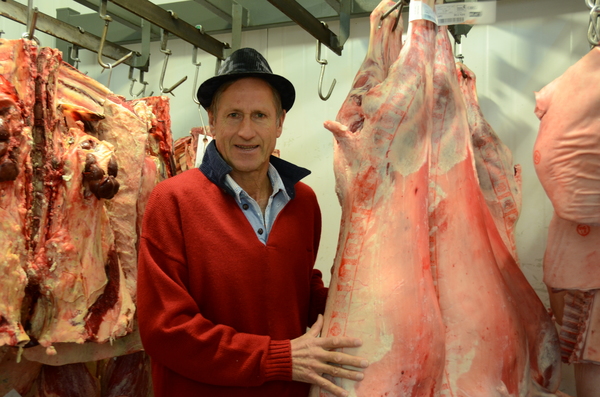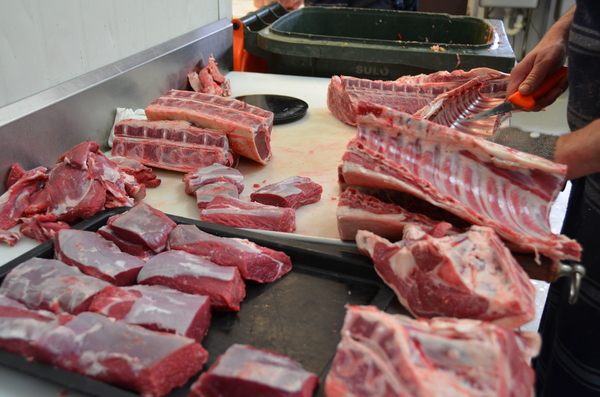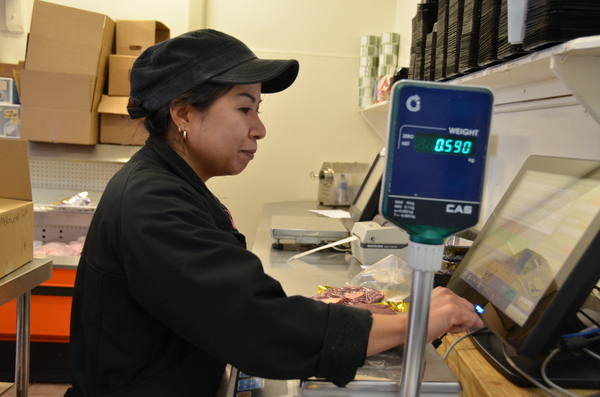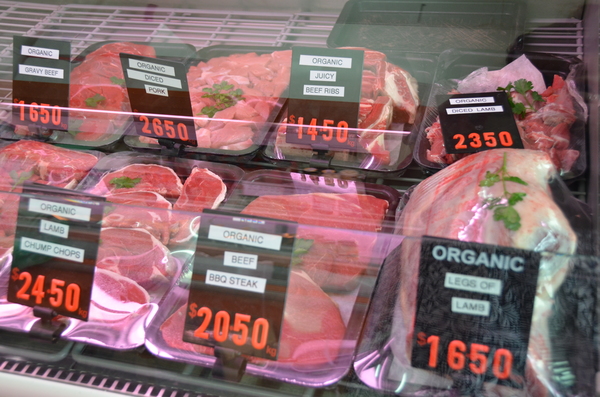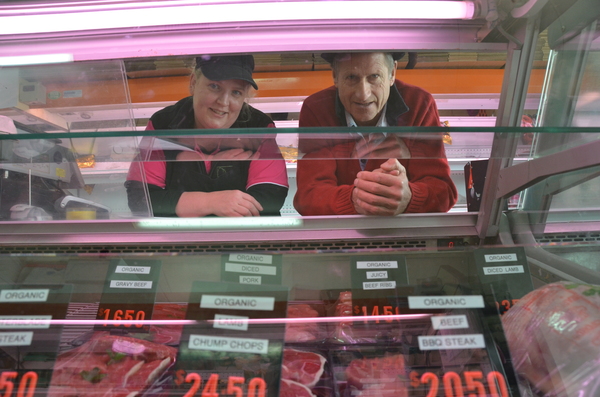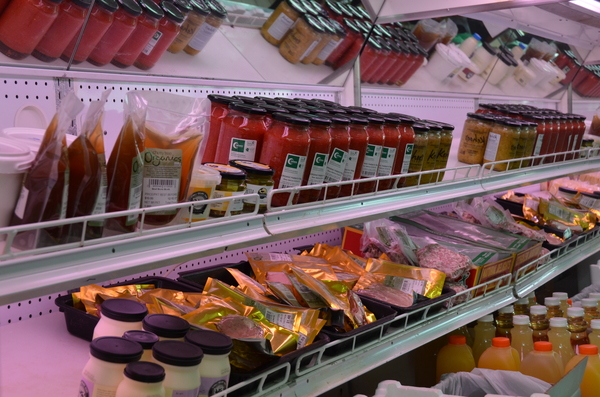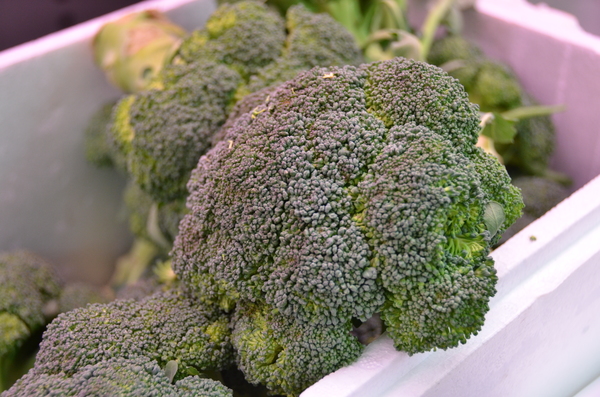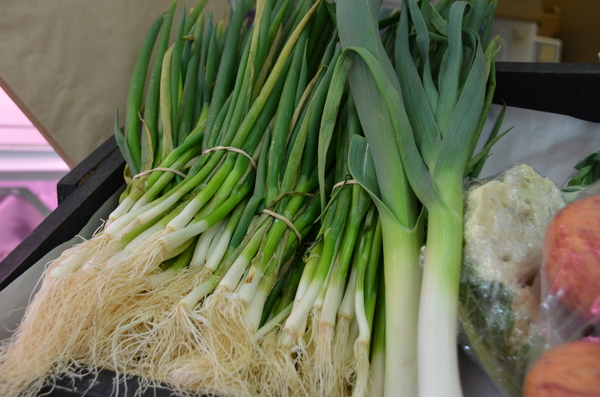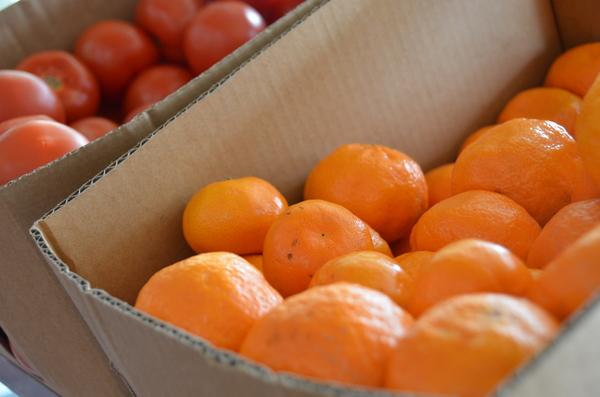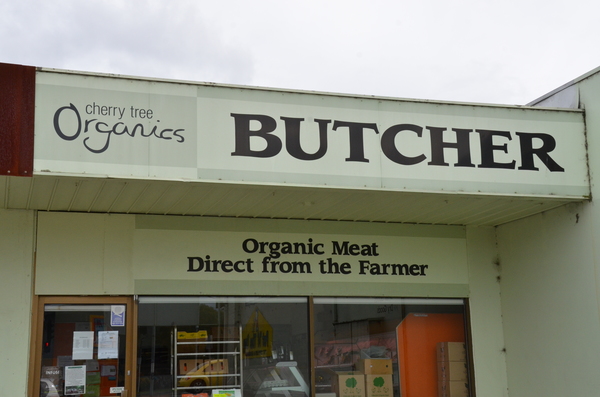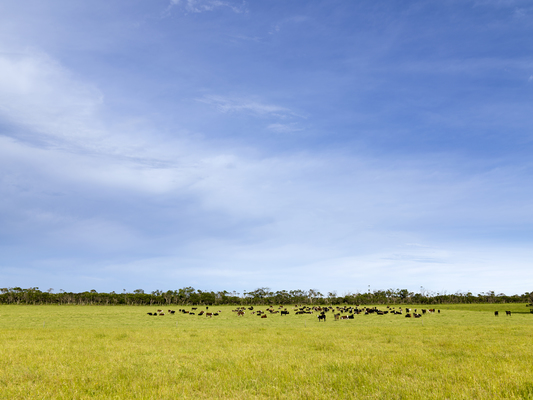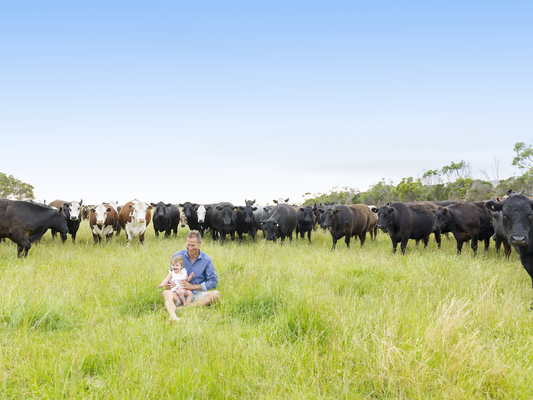Shane Blundy’s first shipment of organic cattle from Cherry Tree Downs was too good.
“We’ve been organic farmers for 20-odd years,” he said.
“When we first became organic (in 1993) the only places that were really selling organic were processing up north in New South Wales.”
He sent a load up in a B-double and was told the meat was fantastic, “as good an organic cattle as we’ve had”.
But they didn’t want any more.
“It was told it was too good and ‘most of the organic that we have comes from western NSW and Queensland, so it wasn’t quite as good so the customers wanted to know why we couldn’t have it all the time,’” Shane said.
“That was the catalyst for me to go out and sell on myself.”
He started out in Longwarry.
“We found some people to bone out for us and pack for us,” he said.
“Then I thought ‘we better go and sell this’.
“I just went out in the streets and knocked on doors at shops and so forth.
“We just used to sell to shops and the odd restaurant.”
From there the business shifted to a boning room in Somerville.
“This shop became available (on Old Princes Highway in Beaconsfield) so we thought that we’d have a shopfront and continue doing our orders that we were doing down to Melbourne,” he said.
“Now we’ve got the online shop.
“At the start we didn’t make any money.
“All the hours I spent wandering around…
“It proved successful.”
Shane started off with beef and lamb, fresh from his own farm.
“Then people wanted organic chicken and organic pork,” he said.
“We found some small organic producers.
“When we opened the shop up, people wanted organic fruit and veg, dairy, cheese, butter … ”
His organic suppliers had to have good produce, first and foremost. But he also prefers to deal with small, family operations.
His chickens come from Queensland.
“They’re just a small family and they’ve got their own on-farm abattoirs,” he said.
“When you’re small you tend to do a better job and have a better product.”
The Cherry Tree Organics pork comes from Rob Furmanczyks at Goldfields.
“They’re just a husband and wife up there and they have the old-style pigs,” Shane said.
“They’re in Victoria.”
Shane said he couldn’t comment on the difference in taste between organic and non-organic produce.
“I don’t eat anything that’s not organic,” he said.
“Customers, they do say they can taste the difference.
“We’ve got a loyal lot of customers now who’ve been coming here a long time.
“Currently, we’ve just started to send some to Hong Kong.
“He’s been taking beef and now he takes fruit and veg also.
“We’ve only just started this year. I think that’s something we could pursue.”
Shane said the sector had boomed in recent years.
“Every time there was a bit of controversy within the conventional industry about chickens or pigs or mad cows … people became more aware of what they were consuming,” he said.
“There’d be a percentage who’d come and seek out the organic.”
He believes the increasing demand for organic produce was also linked to “as a nation, we’re sick all the time”.
“Maybe it’s what we’re consuming,” he said.
“I think more and more people are health conscious and more aware of what they’re eating so consequently it’s a growing industry.”
Shane employs about 21 people across the business, and is heavily involved himself.
Farming’s a passion that’s been passed down.
“My father was a market gardener. He and his brother were market gardeners,” he said.
“My father was brought up on a market garden himself.
“I can remember as a kid running around in the cabbages and the cauliflowers.
“There’d be ladybugs and tadpoles where the water was, worms everywhere in the soil.
“Slowly that all dissipated with the chemicals in the soil.”
That was in Clyde North.
Shane “went off and did different things” but ended up on 440 hectares in Tarwin Lower.
“I started the process of changing the practices so we were no longer using the chemicals and slowly built up the soil, so it had a diverse range of minerals,” he said.
“You need a healthy soil to have a healthy plant.
“If you’ve got a healthy plant, you’ve got a healthy animal.
“If you’ve got a healthy animal then when the consumers consume it they’re getting a nutritious meal themselves.
“It happened for thousands of years before chemicals came along and changed the focus.
“Basically, you need to have your animals healthy.”
Shane breeds slow-growing British-bred angus and Hereford cattle, allowing them to reach maturity naturally.
The lambs at Cherry Tree Downs are also old British-style – white suffolk, southdown and dorset.
Beef and lamb are raised on their mother’s milk until they naturally wean themselves.
Stock are then raised on fresh organic pasture and are never fed grain.
“We don’t use any pesticides, artificial fertilisers, hormones or antibiotics,” Shane said.
“The soils at Cherry Tree Downs are balanced with natural minerals and full of microbes.”
A running creek and dams on the property provide water for all stock.
“We’ve planted native trees all over the farm to give the animals shelter, wind protection and to allow for re-vegetation,” he said.
Animals are shifted onto fresh pasture and water daily.
Twice a week a small number of animals destined for the market are quietly yarded and trucked to a nearby certified organic processing facility.
The beef and lamb is dry-aged to allow naturally-occurring enzymes in the meat to break down muscle fibre.
Eggs sold in-store come from Elderslie Organics in West Gippsland.
There, chickens move around the farm, sleeping in caravans that have been fitted out for them.
The organic dairy products are sourced from Schulz Organic Farm in South West Victoria.
Milk from Friesian and Jersey cows is processed on the farm in small batches.
On Monday mornings, Shane arrives at the Melbourne wholesale markets in the early hours to hand select certified organic fruit and vegetables.

